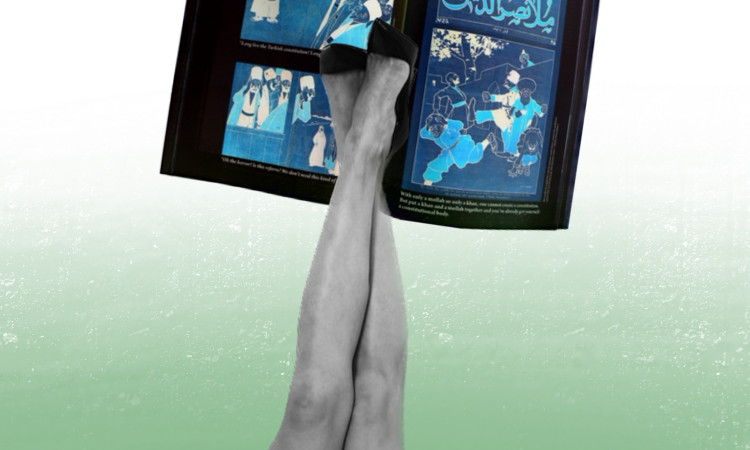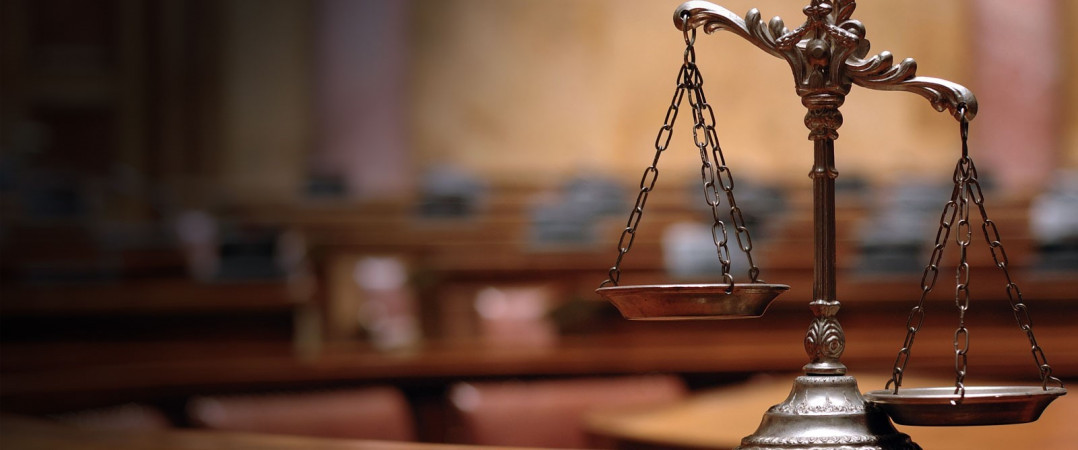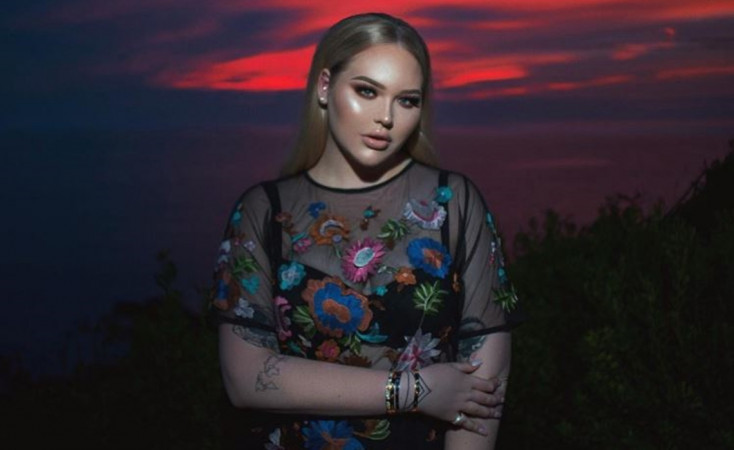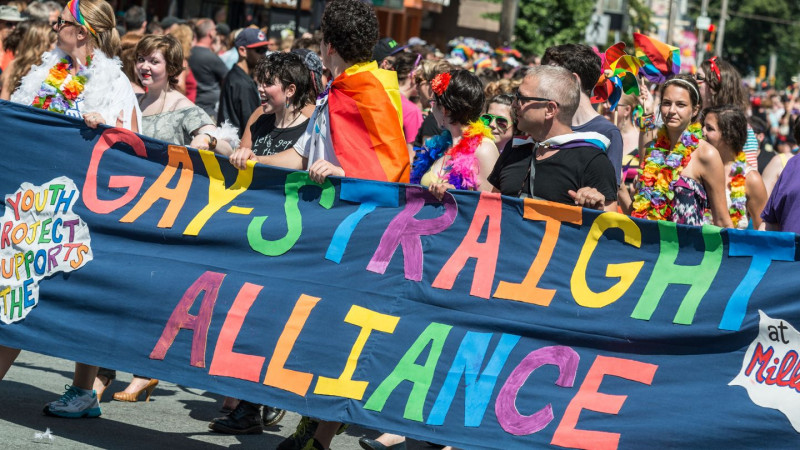Aygün Kazımova's "S.O.S" music video
Azerbaijan's renowned pop singer and People's Artist, Aygün Kazımova, has released her latest music video for the single "S.O.S"
11/Aug/24
7219
Aygün Kazımova's "S.O.S" music video
Azerbaijan's renowned pop singer and People's Artist, Aygün Kazımova, has released her latest music video for the single "S.O.S." The video features dynamic vogue dance movements and includes the Turkish drag queen judge Anna Tholia. It was inspired by the iconic queer and gay culture of New York City.
Aygün Kazımova's problematic history with queer music
Kazımova has sometimes been perceived by some queer individuals as an ally of the LGBTQI+ community in Azerbaijan. However, she has consistently remained silent on queer issues. In fact, not only has she stayed silent, but she also released a track titled "Mavi" (ed: faggot) in 2005 with Dayirman and Elshad Khose, which is considered one of the most homophobic and transphobic songs in Azerbaijan's history.
With the "S.O.S" music video openly celebrating ball culture, a subculture deeply rooted in the LGBTQI+ community, how sincere is Aygün Kazımova's connection to the culture? Does this video carry a special message for the community, especially in light of recent news involving her daughter İlqara Kazimova, who was recently accused of homophobic threats?
A popular Instagram page, Azbesdir, which shares short videos about show business and regularly highlights queer topics, commented on the situation: "Aygün once sang 'Mavi, mavi' when she had a falling out with Faiq, and you expect iconic status from the wrong person. I wish everyone a bit more principle and political awareness."

What does Anna Tholia think?
After watching the video, we had several questions. To answer some of them, we contacted Turkish drag queen Anna Tholia, who appears in the video. She informed Minority Azerbaijan that she received the offer to participate in the video directly from the director. Anna added that she believes the stylist team, who currently know her, suggested her involvement.
Anna Tholia clarified that she did not intend to convey any specific message with her performance in the video. "Now I hope my answer won't be just a click away from clichés, but there is no message I'm trying to convey in the video. I was called, and I did my job; it wasn't much different from a regular casting. Unfortunately, as openly queer artists, there is this perception that everything we do must carry a 'message,' but sometimes we are just existing," she added.
Continuing her earlier remarks, Anna Tholia stated that there is an emerging notion that the role of artists is primarily about visibility. She said, "Honestly, there is no subtext or deep meaning in my participation in the video. However, the opportunity to be on the platform of an artist with such a large audience gives me the chance to offer hope to the young people who will watch this video. Whether they see me as an ally or not, it's enough for me to show them that we can go places and create beautiful things with our art."
According to Anna, even though participation in such projects may not always carry an explicit message, it emphasises the importance of visibility and representation. Her involvement in the "S.O.S" video aimed to inspire various identities and showcase the potential of visibility.
Reality of LGBTQI+s in Azerbaijan
Kazımova's video was released at a time when repression against civil society and the LGBTQI+ community continues in Azerbaijan. Since November 2023, the Azerbaijani government has intensified its repression against civil society, significantly affecting the LGBTQI+ and feminist communities.
In addition, the European Court of Human Rights (ECtHR) made a decision on various applications filed against Azerbaijan, addressing the issues related to the rights of the LGBTQI+ community. In response, the Azerbaijani government submitted a unilateral declaration on August 7, 2019, acknowledging the violation of the applicants' rights and offering compensation. After reviewing the government's declaration and considering the nature of the rights violation and the proposed compensation, the court decided that continuing the examination of the applications was unwarranted and removed the remaining 19 applications from the list. Several LGBTQI+ rights defenders from Azerbaijan and Minority Azerbaijan viewed the ECHR's decision as ignoring the epidemic-level LGBTQI+ rights violations in the country.
Vogue dancing and support for queer culture
World-famous singers have used vogue dancing, and this use has been accompanied by measurable support for queer culture. For example, in the 1990s, Madonna created a significant impact on society with her song "Vogue" and has always been known as a defender of LGBTQI+ rights. Madonna has consistently stood by the queer community, not only for her own benefit but also for genuine support and solidarity.
Madonna's support for the LGBTQI+ community goes far beyond her song "Vogue." From the early days of her career, she used her platform to raise awareness and promote the acceptance of LGBTQI+s, becoming a champion of queer rights. In 1989, during a time when queer visibility on television was mostly associated with scandal, she included a same-sex kiss scene in her "Justify My Love" video. She also addressed issues such as the AIDS crisis and discrimination against queers, highlighting the struggles of the LGBTQI+ community in her documentary "Truth or Dare."
Additionally, Madonna actively participated in fundraising and activism. She supported various LGBTQI+ organisations, including GLAAD and The Trevor Project, and took part in events like the 50th anniversary of Stonewall. In her speeches at these events, she often emphasised the importance of love, acceptance, and equal rights for everyone.
Madonna's dedication has made her an enduring symbol in the LGBTQI+ community, and she has demonstrated her support not just with words but through consistent, meaningful actions.
Furthermore, Beyoncé released her "Renaissance" album two years ago, and before its release, the singer explicitly dedicated it to her children, her late gay uncle Jonny, and the LGBTQI+ community, which has contributed to Black pop culture. So, who did Aygün Kazımova dedicate this video to?
Powered by Froala Editor



